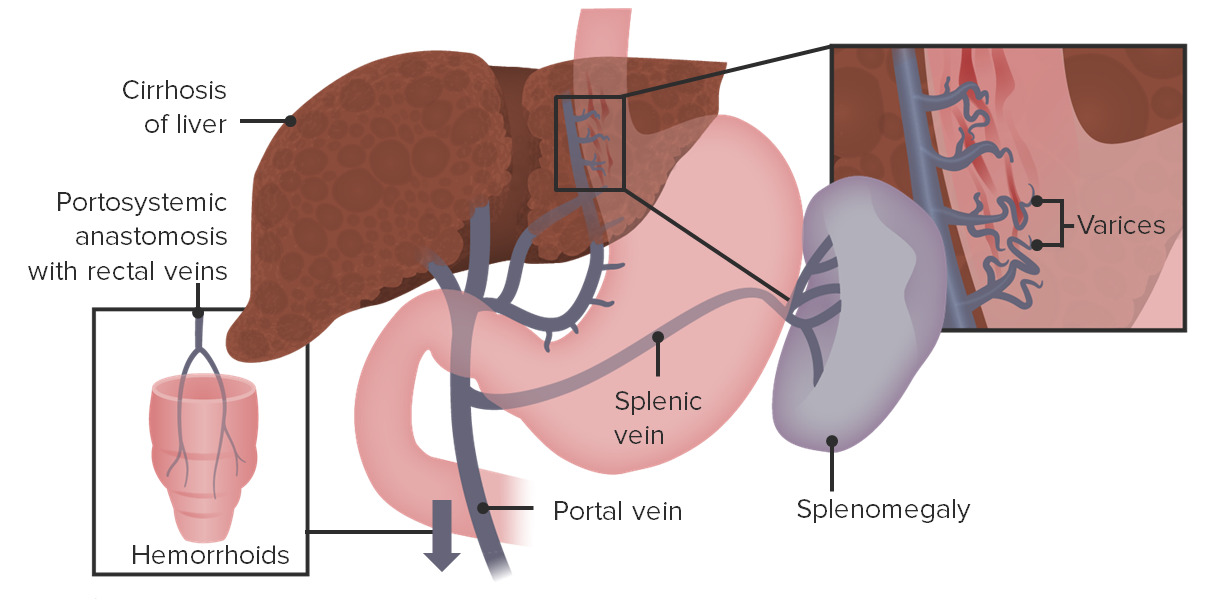Playlist
Show Playlist
Hide Playlist
Common Peritoneal Disorders
-
Slides Gastroenterology 19 Peritoneal Diseases.pdf
-
Reference List Gastroenterology.pdf
-
Download Lecture Overview
00:01 So, we spoke about the acute abdomen and acute appendicitis. 00:04 However, there are many other things that can affect the peritoneum. 00:08 One of them is malignancy. 00:10 Patients who have cancer may develop spread of the cancer cells to the peritoneum leading to what we call peritoneal carcinoma ptosis. 00:19 This can then lead to the development of ascites. 00:22 In this scan shown here, you can see thickening of the peritoneum and a mass that's concerning for peritoneal carcinoma ptosis. 00:31 You can also develop inflammation of the peritoneum. 00:37 So this is from localized serositis or inflammation of the cirrhosa. 00:42 And typically from autoimmune conditions like lupus and familial Mediterranean fever. 00:48 The third thing that can affect the peritoneum is infection. 00:53 So, in patients who have ascites or free fluid in the abdomen, they may develop spontaneous bacterial peritonitis or we call it SBP. 01:02 Or, patients who are on peritoneal dialysis for example can get secondary bacterial peritonitis. 01:09 Thank you very much for your attention.
About the Lecture
The lecture Common Peritoneal Disorders by Kelley Chuang, MD is from the course Disorders of the Peritoneum.
Included Quiz Questions
Which of the following is a risk factor for infectious peritoneal disease?
- Peritoneal dialysis
- Systemic lupus erythematosus
- Familial Mediterranean fever
- Malignancy
- Rheumatoid arthritis
Customer reviews
5,0 of 5 stars
| 5 Stars |
|
5 |
| 4 Stars |
|
0 |
| 3 Stars |
|
0 |
| 2 Stars |
|
0 |
| 1 Star |
|
0 |




